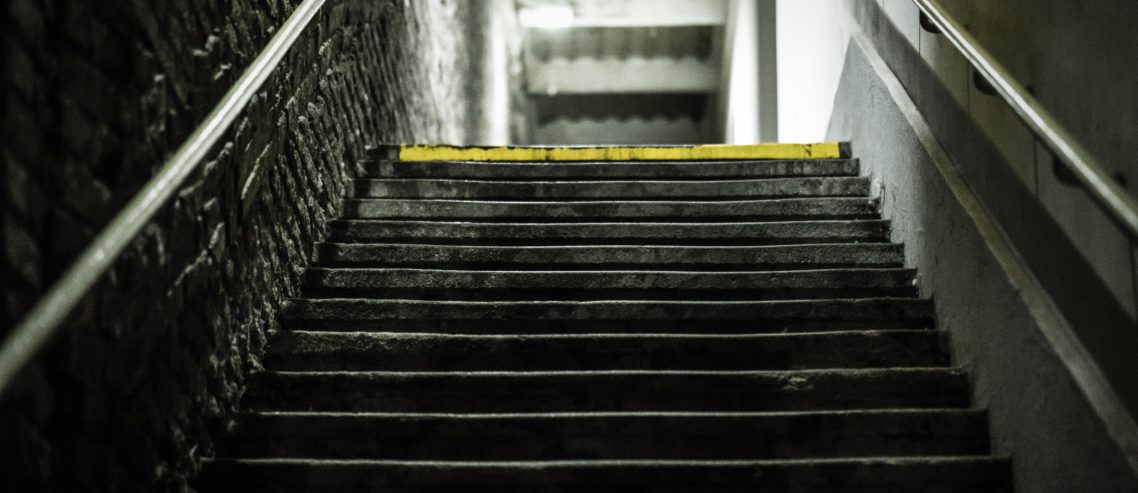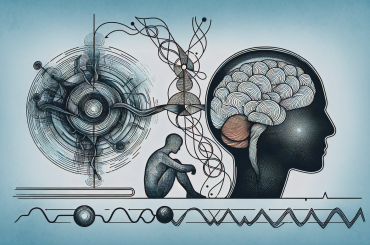Understanding Step 1 of the Twelve-Step Recovery Process
Admitting Powerlessness: The Foundation of Recovery
The twelve-step recovery process is a guiding framework for people seeking to overcome addiction. This process can help you regain mastery of both your behaviors, or other dependencies. Each step is designed to bring you closer to healing and sobriety. Step 1, “We admitted we were powerless over [our addiction]—that our lives had become unmanageable,” is the cornerstone and foundation upon which the rest of the recovery journey is built.
Understanding Step 1
Admitting powerlessness can be a daunting and humbling experience. You need to recognize and accept that your addiction has control over you and that you cannot overcome it through willpower alone. This step is about acknowledging the reality of your situation and the profound impact addiction has made on your life.
The Process of Accomplishing Step 1
- Self-Reflection: Begin by honestly reflecting on your life and the ways in which addiction has affected you. Consider the negative consequences it has had on your relationships, work, health, and overall well-being. Don’t just take it ‘as read’ but truly think it through. Every memory, consequence and experience that you fully explore will transform into your solid foundation for success.
- Acceptance: Acceptance is key to moving forward. Understand that admitting powerlessness is not a sign of weakness, but a crucial step towards gaining strength and control over your life. This can seem daunting and counter-intuitive but as J.K. Rowling said “Rock bottom became the solid foundation on which I rebuilt my life.”
- Sharing with Others: Sharing your struggles with a trusted friend, family member, or mentor can provide a sense of relief and validation. If you don’t have someone in your life right now that can provide this support you will find willing sponsors at local meetings.
- Seeking Support: Engage with a twelve-step group or other support networks. Being part of a community that understands your struggles can provide encouragement, accountability, and guidance. Hearing others’ experiences can also help you realize that you are not alone in this journey and can often times help you reach deeper into your own experiences and emotions which you may have had a hard time connecting with.
What Accomplishing Step 1 Looks Like
- Honesty with Yourself: Being brutally honest with yourself about the extent of your addiction and its impact is crucial. This honesty can be painful, but it is necessary for genuine progress.
- Letting Go of Denial: Breaking through the barriers of denial allows you to face reality and take the first step towards recovery.
- Openness to Help: Recognizing that you need help and being open to receiving it from others, including professionals, can pave the way for meaningful change.
Knowing When You Are Ready for Step 2
Step 2 is about coming to believe that a power greater than ourselves can restore us to sanity. Here are some signs that you are ready to move on:
- Increased Self-Awareness: You have a deeper understanding of your addiction and its consequences.
- Willingness to Change: You are ready to embrace change and take responsibility for your recovery journey.
- Hope and Faith: You have started to believe that recovery is possible and that you can be restored to a healthier state of mind.
- Engagement in the Process: You are actively participating in meetings, seeking guidance, and applying what you learn to your daily life.
Recovering from addiction is a challenging but transformative journey. Step 1 is a vital milestone that sets the foundation for the work ahead. Remember, you are not alone, and support is available every step of the way.








